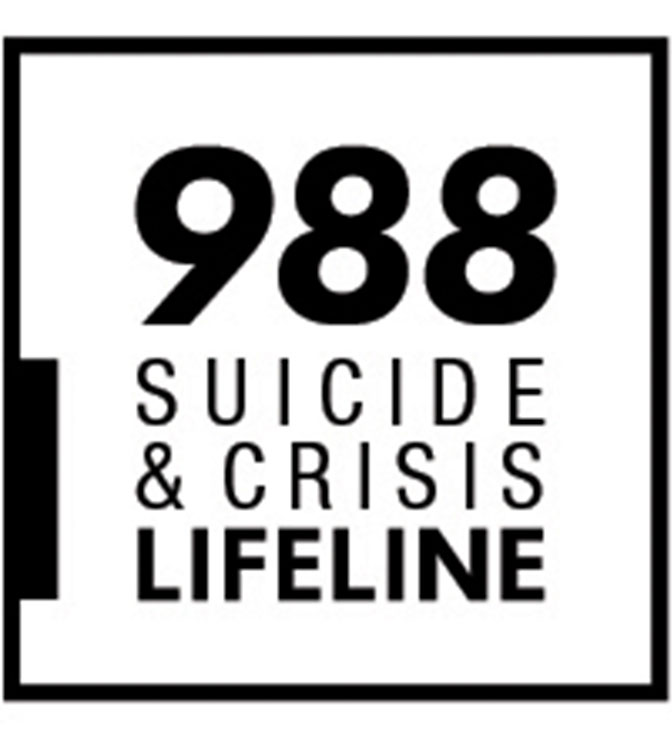The Lifeline asked suicide attempt survivors to envision they were training therapists about how to be more effective at helping survivors after their attempts. We hope these suggestions will help you better support your clients.
Your Words Make All the Difference
- Let me know you care and will help me through the journey.
- Help me look forward to in the future, even if it’s something seemingly simple like a movie that’s about to come out. Anything that gives me a reason to keep fighting is a big deal and worth talking about.
- Be straight with me. Trying to sugarcoat what you say does more damage than good. Having someone acknowledge and validate their experience can be a relief.
- Telling me that the good things in my life are a reason for living just makes me feel judged.
- Try not to say “Time’s up.” It makes me think you are counting down the minutes, just waiting for a chance to get rid of me.
Show You Care
- Give me a pat on the back or a subtle gesture that shows me that you really care about me.
- Allow me to take an active role by bringing in my journals, books about mental health or even charts analyzing my mood. It may not be your style, but it works for me.
- Let me keep my music. It isn’t causing my depression, in fact it proves that I’m not alone.
- I understand that you need to set boundaries, but letting me call you at 2 a.m. if I am feeling unsafe can make me feel much more supported.
Prevent My Attempt
- Talk openly and honestly about my suicide attempt— not just the underlying causes.
- Work with me to create a safety plan.
- Don’t be afraid to ask me if I have a gun, stash of pills, or another way to try to hurt myself again.
- Help me identify my triggers and learn how to avoid them.
- Don’t even think about making me sign a safety contract.

